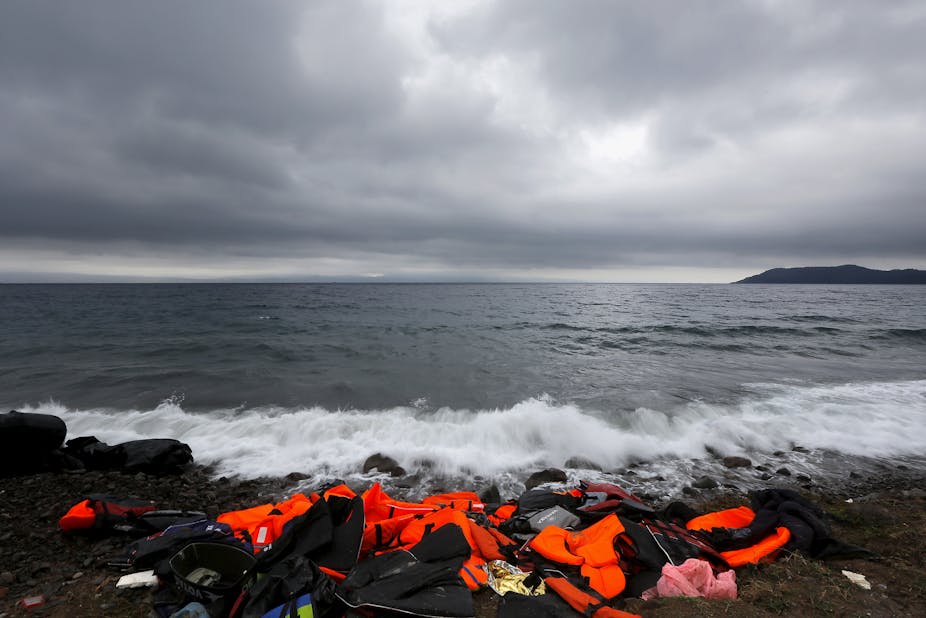Every generation thinks it’s special. My generation – ageing baby boomers – suffers from this affliction more than most. But Generation Z may be about to give us a run for our money. They may actually have a point, too. Looking around the world it’s hard not to conclude that there really is something different and distinctive about the present moment. Unfortunately, it’s not a cause for celebration.
One thing that distinguished the boomers was a general sense of optimism about the possibility of transforming the world. In part, no doubt, this was a function of their sense of uniqueness, even self-importance, but it is also true that there was something very different about the post-war era and the rapidity of social change. Paradoxically, and driving this to some extent, was the ever-present possibility that we might all be blown to pieces at any moment.
By contrast, a defining feature of the current moment is that nuclear war is no longer considered likely. Even the possibility of an accidental nuclear conflict seems remote and inconceivable. And yet in a further irony, as the spectre of a nuclear holocaust has receded into the geopolitical distance, other more immediate problems have replaced it.
The cast list here is many and varied. Despite the fact that the boomers “discovered” the environment they weren’t able to slow its continuing deterioration. Consequently, Generation Z faces even bigger problems with no obvious means of addressing them. The environment has become widely recognised as a security issue in it own right.
Even more “traditional” security threats have become more problematic than they were. Not only is there the possibility of an old-fashioned military conflict in the South China Sea, for example, but the Middle East remains a site of growing great power contestation. Whether any country will be able to carve out anything as coherent as an equally anachronistic “sphere of influence” is another question.
One contributing factor to this instability is a major “structural” change in the international system itself. The rise of China and the relative decline of the US have profoundly changed the only international order the boomers have ever known. Some of them – especially in the US and Australia – are plainly having difficulty getting their heads around what this means.
Realists would claim it was ever thus: the rise and fall of even the greatest powers is the very stuff of international politics. Hard as it may be for many to accept, the US really is a country like any other and there is nothing inevitable, much less God-given, about the durability of its dominance.
And yet American decline is happening in unprecedented historical circumstances. On the one hand, weapons systems are still capable of reducing the world to rubble in ever more efficient fashion. On the other, the international system is connected with an unparalleled immediacy and depth.
Even if China wanted to forcibly replace the US as the hegemonic power of the era it is not clear that it could so without risking its own annihilation or the destruction of the global economy upon which its ruling elites have come to depend so heavily for personal enrichment and systemic legitimacy.
But before Generation Z celebrates the possibly pacifying impact of economic interdependence, we need to admit the possibility that conflict is becoming more pervasive, albeit at lower levels. Once upon a time such conflicts could be safely ignored. No longer. Some of the most privileged European members of Generation Z are finding that the consequences of conflict are quite literally washing up on their own shores.
Many young Europeans have been in the vanguard of encouraging a humanitarian response to the unprecedented migrant inflow that threatens to overwhelm Europe’s collective capacity to respond. The idea of a collective and effective European response to anything is increasingly in doubt.
What impact will this have on Europe’s young? Already disproportionately affected by rising unemployment and saddled with the burden of paying for a rapidly ageing population, they have every reason to feel hard done-by. At least their grandparents were able to maintain the fantasy that they were going to change the world for the better.
Perhaps the defining feature of the contemporary era is that so many credible observers are so pessimistic about the chances of resolving any of the world’s current challenges. Even if the long-drawn-out economic downturn proves cyclical, business-as-usual will contribute to climate change – the other defining problem of the times.
Likewise, it’s hard to imagine the Middle East becoming an oasis of tolerance and prosperity in my lifetime or anyone else’s for that matter.
No doubt some readers will think it’s bad form to be pessimistic in a public forum. Perhaps so. But what are we supposed to do under the circumstances? Dissemble? Gild the lily? I think not. One thing young people have always been good at is spotting an old fraud, even a well-intentioned one.

